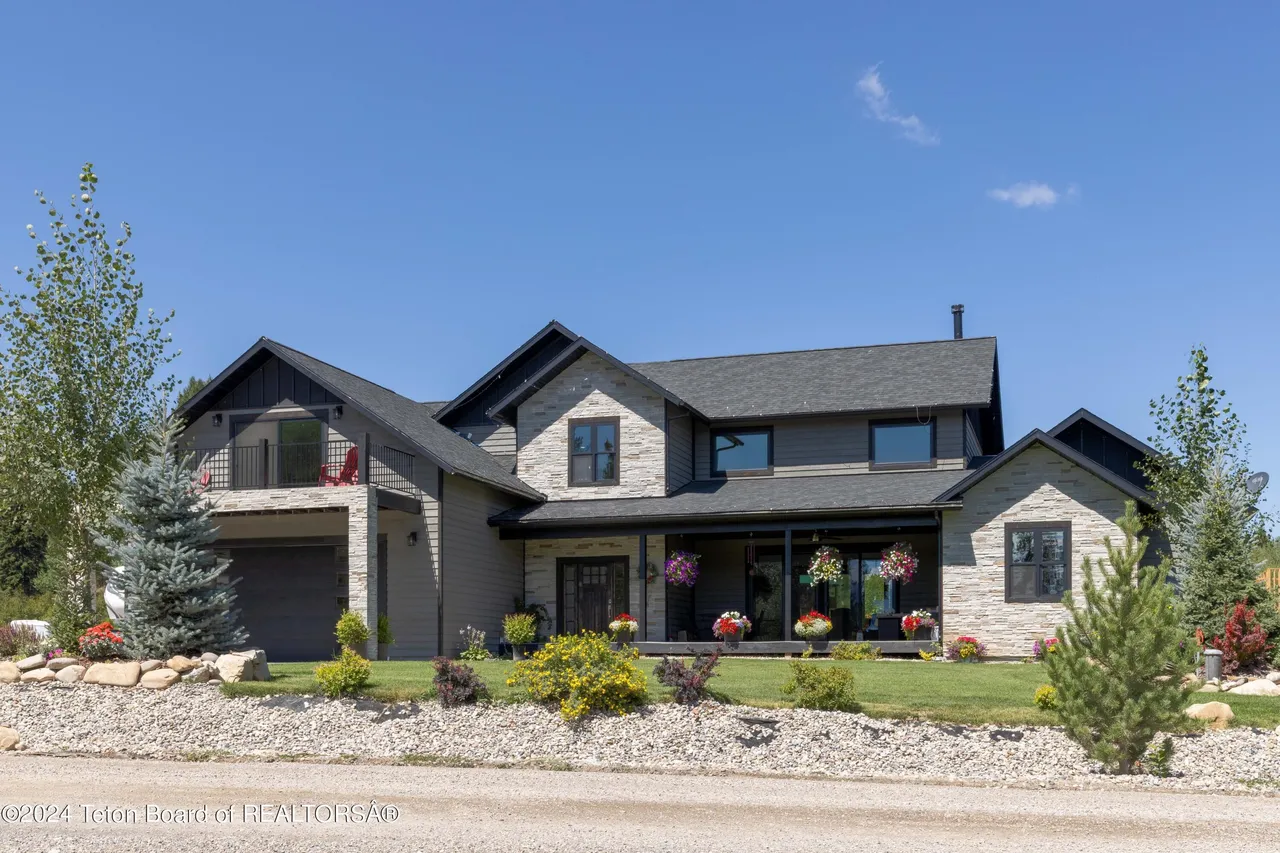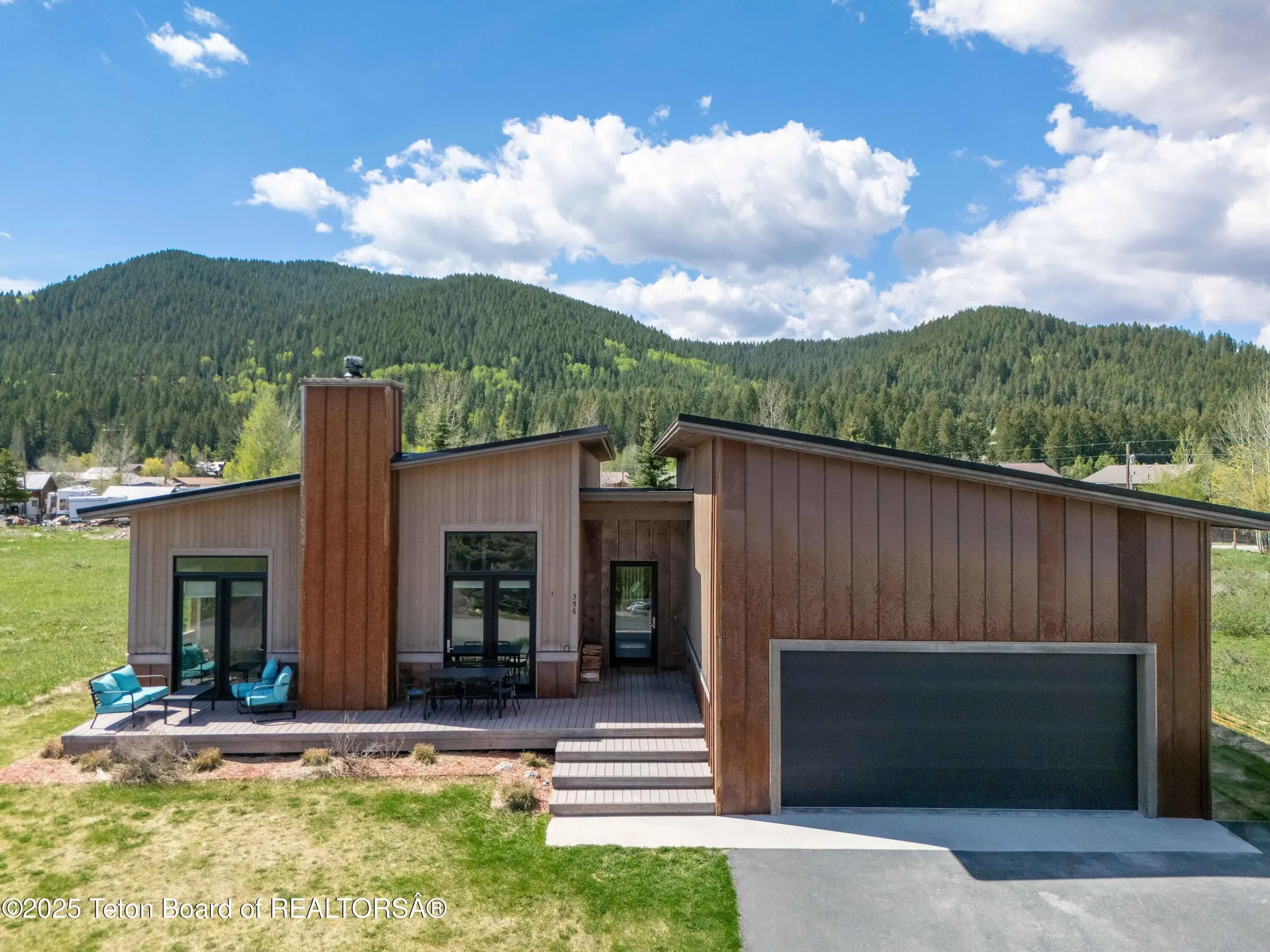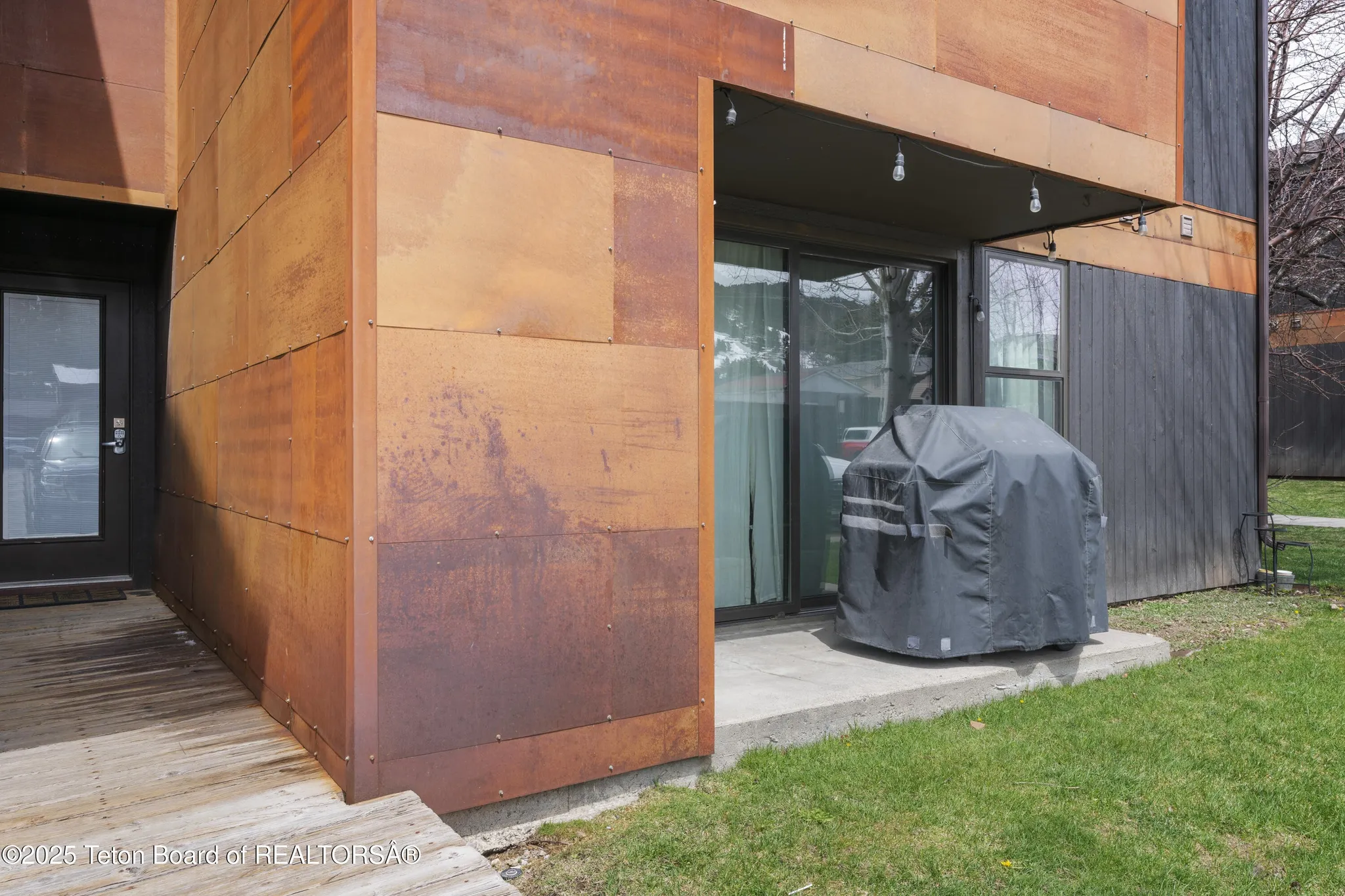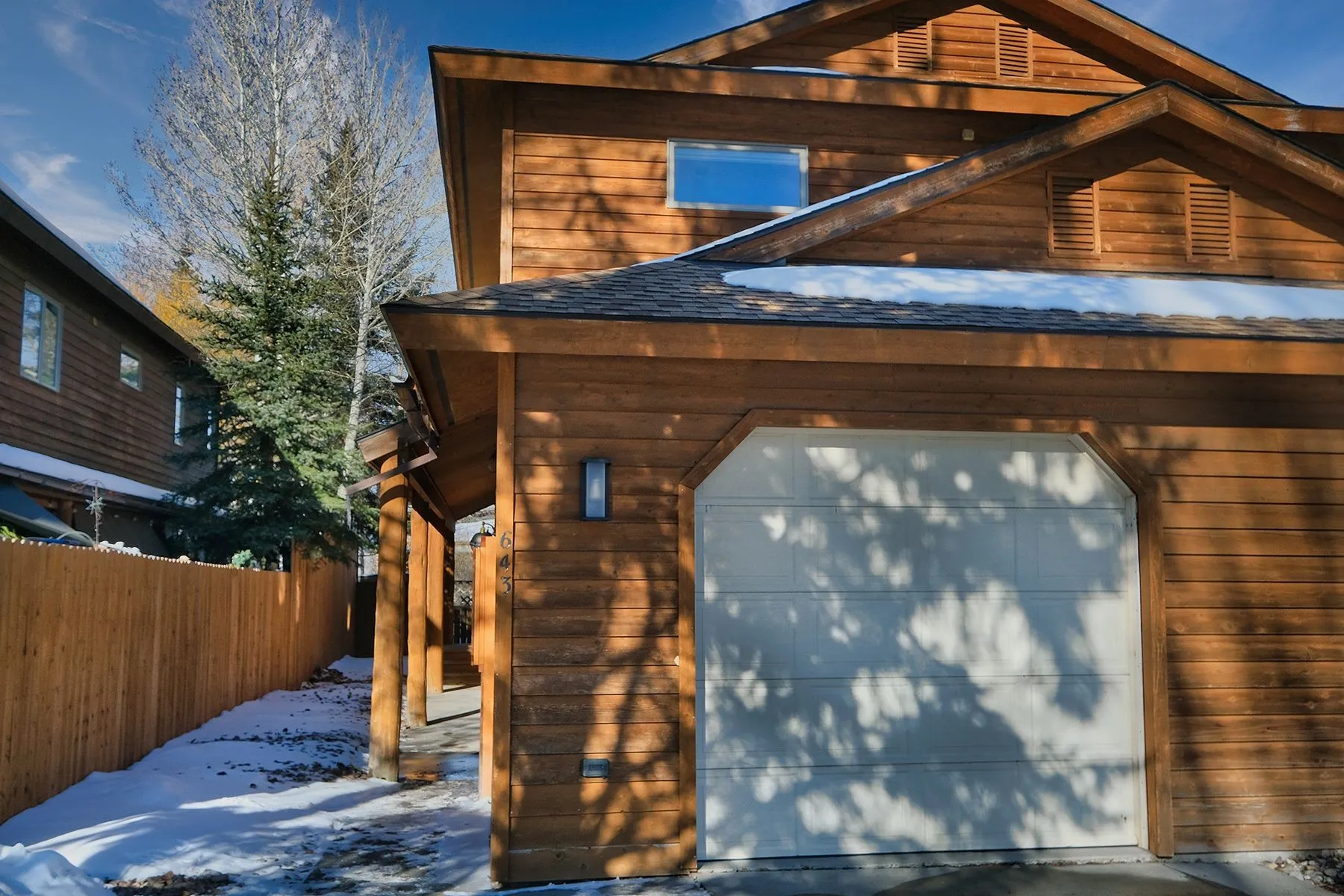
$1,480,000
4 bed | 3.5 bath | 4,158sqft

$850,000
3 bed | 2 bath 1,790sqft

$759,000
2 bed | 1 bath | 728sqft

$1,749,000
3 bed | 2.5 bath | 1,650sqft
Wyoming's tax structure offers immediate financial benefits for physicians relocating to Jackson. With no state income tax, your $322,000+ salary goes further—functioning as an automatic raise without negotiation or productivity metrics.
While Jackson’s cost of living exceeds the national average, your high physician income and zero income tax yield more financial flexibility than in many urban locations with higher taxes and nominally lower living costs.
Physicians relocating from high-tax states realize substantial annual tax savings simply by practicing in Wyoming:
Over 10 years, this could yield $300,000–$400,000 in additional wealth through retained income and investment opportunity.
While Jackson has resort-level pricing in some areas, daily living costs remain manageable—especially with physician-level income and smart local strategies.
Your income offers access to high-value lifestyle amenities at lower relative costs than urban areas.
Despite Jackson's remote location, healthcare costs remain near national averages—with reliable local care and favorable malpractice conditions for physicians.
Even with higher housing prices, Jackson offers superior purchasing power compared to urban markets with state income taxes.
Jackson supports long-term wealth building through favorable investment policies and business climate.
St. John's Health enhances your transition with relocation support packages that reduce upfront financial burden.
With a $322,000+ salary and Wyoming’s unmatched tax advantages, Jackson provides a highly favorable financial equation. Factor in outdoor access, safety, community, and quality of life—and it becomes clear why Jackson continues to attract mission-driven physicians seeking both economic freedom and lifestyle fulfillment.

4 bed | 3.5 bath | 4,158sqft

3 bed | 2 bath 1,790sqft

2 bed | 1 bath | 728sqft

3 bed | 2.5 bath | 1,650sqft
Living in Jackson proper gives physicians walkable access to amenities, minimal commute time to St. John's Health, and full community immersion. However, it comes at a premium price requiring strategic financial planning.
Financial planning tips:
Recommended by a trusted local realtor with 30+ years of Jackson expertise and ties to St. John's Foundation, these areas are most popular among physicians:
Despite the price tag, living close to the hospital offers major lifestyle and professional advantages for hospitalists:
To help with housing costs, St. John's Health offers robust housing support programs to physicians:
Hospitalists must meet a 30-minute response time to St. John's Health. Some nearby communities are viable, others present winter commute challenges:
If purchasing isn’t immediately feasible, rentals are available but competitive:
Jackson real estate has historically outperformed national housing markets, making homeownership a potential long-term wealth-building strategy.
Whether choosing the premium convenience of Jackson or the affordable reliability of Alpine, physicians have viable housing paths—especially when combined with St. John’s Health’s housing programs and strategic planning.



Jackson consistently ranks among the safest communities in Wyoming and the U.S., allowing physicians and families true peace of mind. With low crime and responsive emergency services, residents enjoy freedom and security often lacking in metropolitan areas.
Jackson’s safety is reinforced by community-centered policing and responsive EMS. Coordination between police, fire, and rescue ensures quick, effective emergency response.
In contrast to metro areas, Jackson offers uniformly safe neighborhoods—enabling housing decisions based on lifestyle, not crime statistics.
Physicians benefit from short, reliable commutes and low traffic risk, even in peak tourist season.
Parents consistently express high confidence in school safety, enabling focus on education and enrichment.
St. John’s Health maintains a safe, supportive clinical environment through balanced security practices.
While Jackson’s geography carries certain natural risks, robust preparedness and education minimize impact and enhance community resilience.
Jackson’s strongest safety asset may be its sense of social trust and cohesion—neighbors actively support and look out for one another.
In Jackson, physicians enjoy an uncommon level of personal and professional security. Whether walking home after an evening shift, knowing your family is secure during work hours, or enjoying weekend adventures without concern, Jackson’s safety culture provides the foundation for a thriving, fulfilling life.
